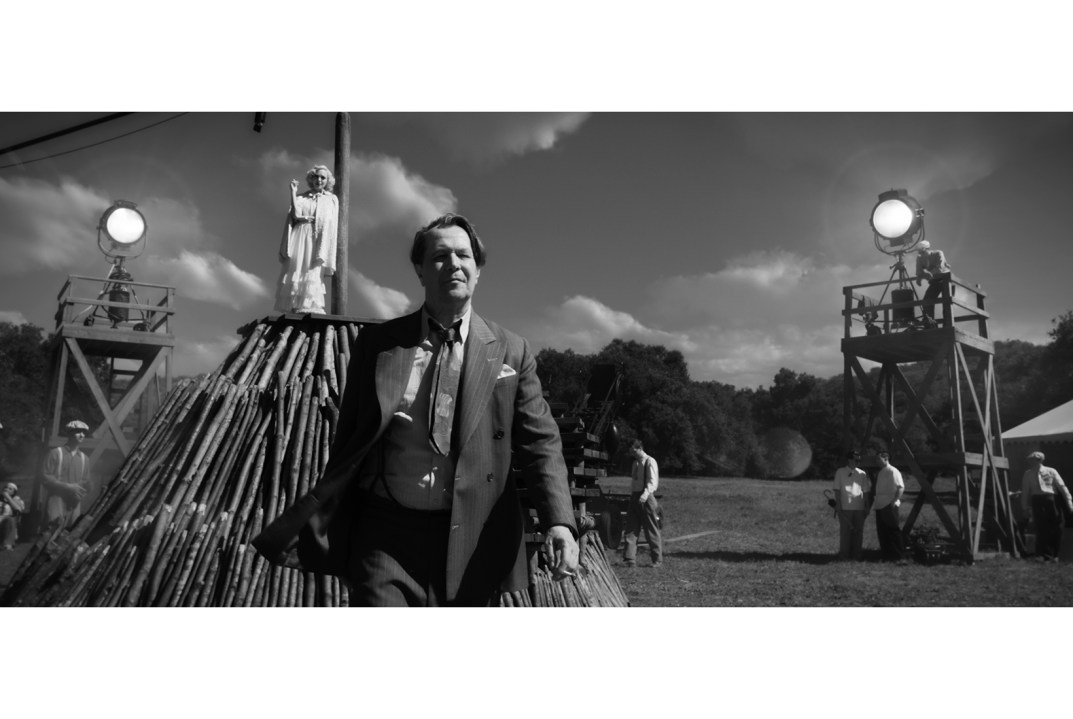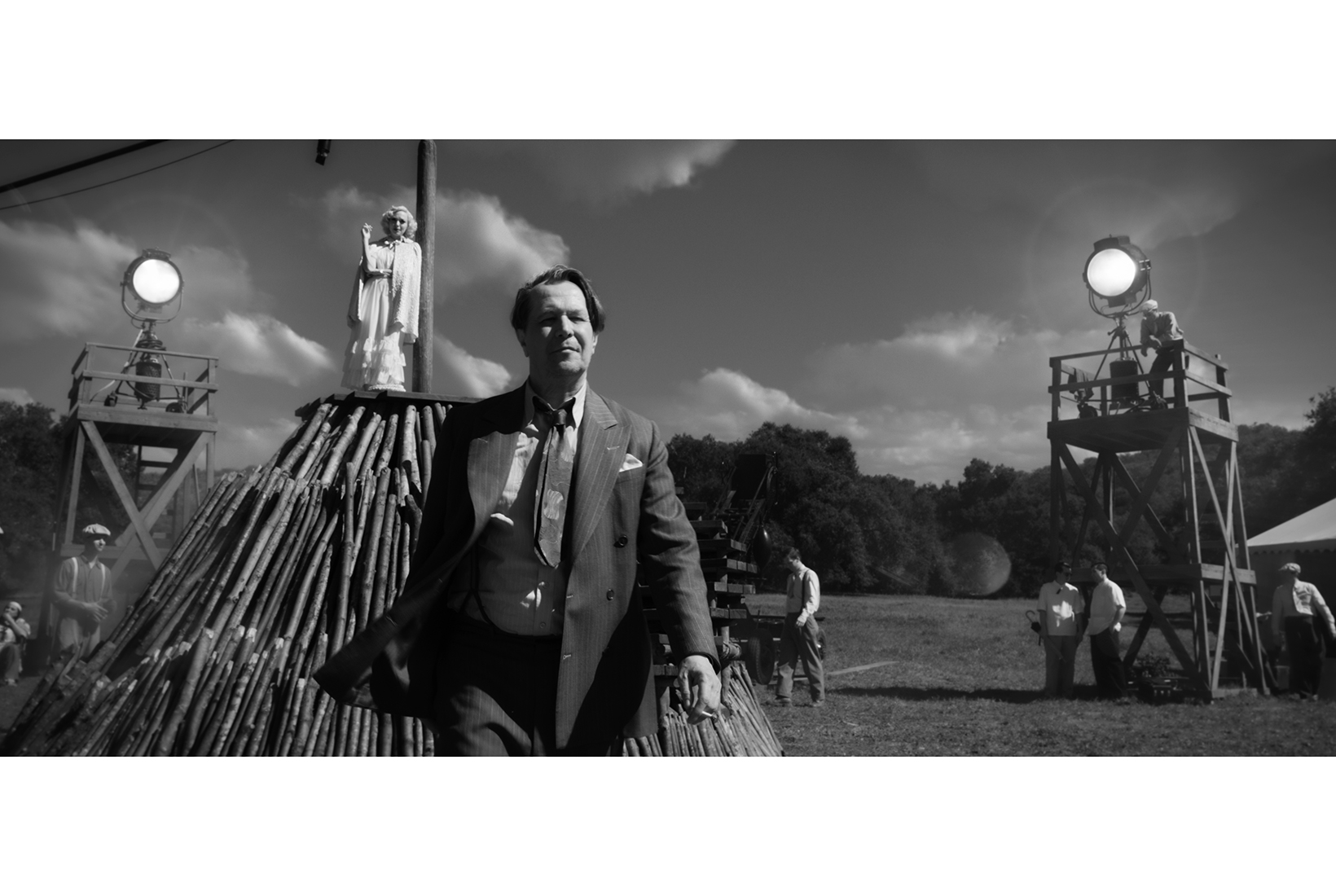When talkies appeared in 1927, Hollywood went searching for talkers to write them. It turned to men like Herman J. Mankiewicz: to journalists. The greatest screenwriters of the golden age were journalists first; unlike novelists, they thrived in Hollywood — at least professionally. Good films and good journalism need brevity; novels don’t. Reading about F. Scott Fitzgerald struggling at MGM, 12 years after The Great Gatsby, is brutal, like trying to watch a man learn to walk.
The film Mank, by David Fincher, tells the story of how Mankiewicz and Orson Welles created Citizen Kane — for which they shared an Oscar for the screenplay in 1942 — and how they bickered over the credit. Despite Pauline Kael’s vast 1971 essay ‘Raising Kane’, which accused Welles of credit theft, it’s a red herring, a McGuffin — a rosebud, if you will. Welles himself put Mank first in the credits; and Welles wouldn’t do that without cause.
The rediscovery of Mank is an opportunity to examine the men who made the Hollywood golden age: not how it looked — that is for the lovely blank of stars and their lighting cameramen — but its noise.
Mank was a drunk, a wit and a gambler: ‘the Voltaire of Central Park West’. He was a playwright and drama critic at the fledgling New Yorker and the New York Times. Once, so depressed at an appalling performance of the teenage Lady Teazle in A School for Scandal — she was played by the producer’s 56-year-old wife — he passed out as he wrote the review: ‘Miss Gladys Wallace, an aging, hopelessly incompetent amateur…’. This scene appears in Citizen Kane. Mank went to Hollywood ‘in pursuit of a lump sum’. He never forgave himself.
Kael said that Mank wrote ‘about forty of the films I remember best from the twenties and thirties’.









Comments
Join the debate for just £1 a month
Be part of the conversation with other Spectator readers by getting your first three months for £3.
UNLOCK ACCESS Just £1 a monthAlready a subscriber? Log in